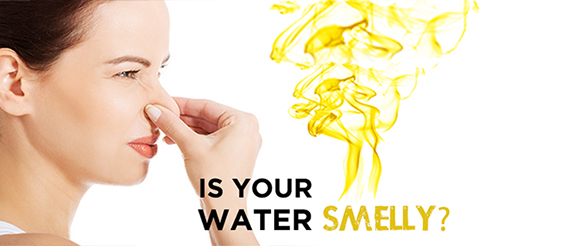We know that chemicals and hard minerals in water can cause skin conditions and allergies (dry skin, dermatitis, eczema and hives). But, what if these chemicals link to food allergies?
Facts on Food Allergies in America
The number of Americans with food allergies is higher than ever before. Almost 15 million Americans suffer, including 1 in every 13 children.
A study released in 2013 by the Centers for Disease Control and Prevention stated, “food allergies among children increased approximately 50% between 1997 and 2011.” This is an alarming statistic!
Tap Water (Chlorine) May Be Part of the Blame
- Research, by the American College of Allergy, Asthma and Immunology (ACAAI), indicates chlorine in tap water may be partially to blame.
- Chlorine is used by 90% of municipalities in the U.S., therefore it effects nearly everyone.
- Researchers believe that Dichlorophenol (a chemical by-product of chlorine) is responsible for weakening food tolerance in some people.
- Studies also found that adults with high levels of Dichlorophenol in their urine were up to 80% more likely to have food allergies to eggs, fish, milk, peanuts, shellfish, soy, tree nuts and wheat.
How does this happen?
Chlorine kills bad bacteria in water, but what if it also kills naturally occurring good bacteria in our digestive systems. The loss of good bacteria, and weakened food tolerance from Dichlorophenol predisposes people to food allergies.
Allergist, Elina Jerschow, M.D., M.Sc., ACAAI, says, “When researchers have compared bacteria from the bowel in healthy kids versus bacteria in the bowel for kids that have a lot of allergies, they’ve noticed a big difference”.
“Our research shows that high levels of Dichlorophenol-containing pesticides can possibly weaken food tolerance in some people, causing food allergy… this chemical is commonly found in pesticides used by farmers and consumer insect and weed control products, as well as tap water.”
Although, tap water is not the primary source of the Dichlorophenol found in our bodies, purifying drinking water can help.
Treatment methods available for removing Chlorine and its harmful by-products from your water supply. If you would like to learn more, please contact us and we will be happy to assist you.
Gainesville: (352) 372-2707 – Ocala: (352) 369-1707 – Toll-Free: (800) 516-8962
Or Email us: info@BestWaterSolutions.com
Complete the form on https://bestwatersolutions.comfree-water-analysis and a member of our team will contact you to make an appointment.

